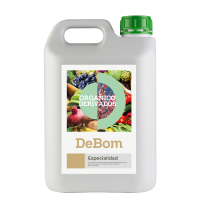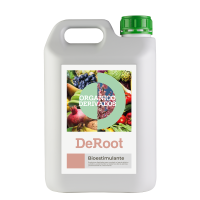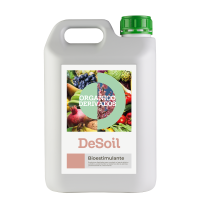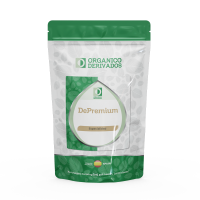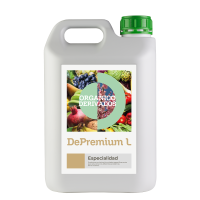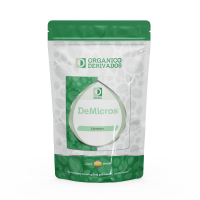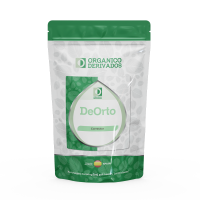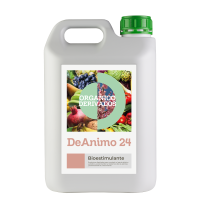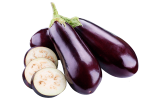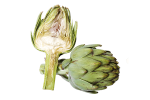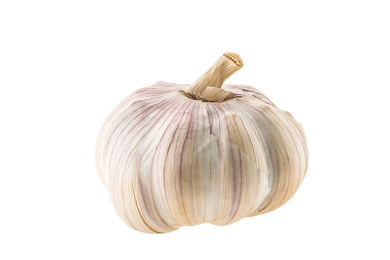
Garlic
Get informed about the properties and requirements of garlic, and we will guide you to the best formulations to optimize your horticultural cultivation..
Get to know garlic to achieve excellent results in your crops
Garlic is also known by other common names such as chives, shallot, rocambola, among others, but the scientific name is allium sativum.
It is a biennial plant with white and shallow fasciculated roots. The bulb from which the roots emerge is composed of a series of cloves. Depending on the cultivar, garlic can have a head with 8 to 14 cloves, although there are also cultivars with heads of 2 to 4 cloves. The stems are strong, and the leaves are basal, strong, alternate, compressed, and without apparent veins. Each flower has 6 white petals, 6 stamens, and a pistil.
Garlic cultivation in Spain covers approximately 28,000 hectares, with a production of around 270,000 tons. Andalusía and Castilla-La Mancha are the regions with the highest garlic production.
In Spain, the most common varieties of garlic are Ajo Blanco Común, Fino de Chinchón, Pardo Rocambola, Germidour, Morasol o Morasur, among others.
Soil characteristics
Garlic will grow well in loamy or slightly clayey soils, without excess, with moderate lime content, and rich in Potassium. It also tolerates moderately acidic soils and adapts well to most soils where cereals are cultivated. The soils should have good drainage.
- Loamy or slightly clayey soils
- Well-drained soils
- Excessively clayey soils
- Excessively acidic soils
Climate needs
Garlic is a hardy plant with few climate requirements. It tolerates cold weather well, but it thrives in temperate climates with temperatures ranging from 8 to 20ºC. During the vegetative growth stage, garlic can tolerate high temperatures as long as there is sufficient soil moisture.
- Growth 8-20 ºC
Irrigation
The irrigation requirements for garlic are generally low, as it is a plant that is not very demanding in terms of water. This is evidenced by 30% of cultivated hectares being rainfed. In the case of irrigation, and if there hasn't been enough rainfall, the soil is irrigated before planting and three additional irrigations are carried out during the crop cycle.
- Low
TOP recommended formulations for most crops
You may also be interested in…
We can assist you!
If you wish to contact us for more informationinformation about our products, If you want to become our distributor, make a
